Social Prosperity Newsletter
Insights and resources for building better, more connected communities
Your questions, suggestions and comments are most welcome: Matt@SocialProsperity.us
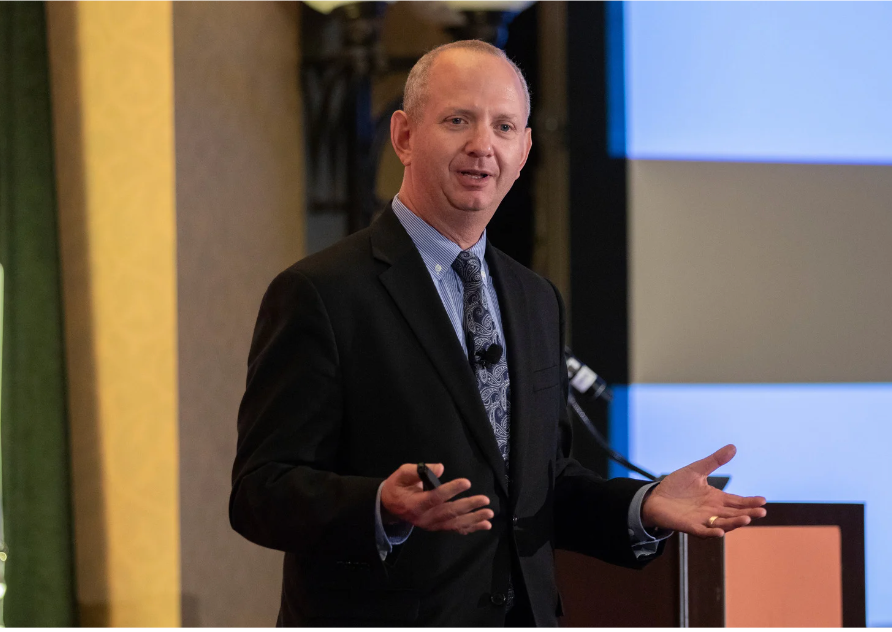
By Matt Lehrman
•
23 Apr, 2024
By Matt Lehrman Social Prosperity Partners Trust is the essential ingredient that holds all human societies together. Autocracy reigns when people place their trust in dictators and kings, but for a democratic society to survive and thrive, we must build trust in the values, institutions and processes of representative self-government. This is a job that’s never done, a race without a finish line. Why? Because, as my partner John Little said in our latest Local Leadership Chat, “It takes a long time to build trust, but trust can be lost in a moment.” Some of the participants in our April 5 roundtable had experience rebuilding trust after just such a breach, but everyone understood that maintaining trust with the community is an ever-evolving challenge. Here are three takeaways from our discussion on “The Mechanics of Trust”: 1. Build trust by being ACCESSIBLE How we welcome citizens to public meetings is important, but the fact is, most people don’t have the time to follow the sometimes laborious processes of local governance. It’s important to find opportunities to engage with residents informally . “I’ve set up regular office hours, I buy people coffee one Monday a month, and I try to show up to all the local festivals and events, just to make myself available without agenda to talk to people,” said first-term Mayor Mike Krachmer of Vadnais Heights, Minnesota. Attending community events, such as her city’s pancake breakfast, is also a priority for Alisa Benson , a City Council member in nearby Orono. “I wear my City of Orono name placard, and I just try to go around and meet people. They're not going to come to a council meeting, but they want the pancakes.” 2. Build trust by being RESPONSIVE Just as important as accessibility is your responsiveness — answering people’s questions, returning calls and emails, following up with further facts or new developments. “ People have confidence when they feel that they are getting a response in real time, and when they feel that they are heard when they are overwhelmed or confused,” said Mayor Elaine McLain of Birmingham, Michigan. During public meetings, McLain and Benson both try to actively translate the bureaucratic details into everyday language. “Most folks don’t understand a lot of these concepts and are uncomfortable asking in public ,” Benson said. “So I do the asking for the community.” “One problem,” she added, “is when elected officials are unable or unwilling to say ‘I don’t know’ or to have difficult conversations in public.” 3. Build trust by being TRANSPARENT Most people agree on the need for open meeting laws and transparency in government, but all too often, the legalistic language and formal processes of government can be anything but transparent. To residents attending their first council meeting, for example, the routine business of passing a consent agenda , without discussion or explanation, could create a false impression of back-room dealing , rather than the true but much less exciting reality of committees, subcommittees and long-term budget planning — not to mention Robert’s Rules of Order. “As much as we would love to bring everybody along, most people, until it affects them, we never see them,” said Sona Cooper , Mayor pro tem in the Town of Spring Lake, North Carolina. In 2021, she was the only incumbent re-elected to the Town Council after years of financial mismanagement erupted into a public crisis. “What we have learned is that we have to tell the story and tell the information over and over again ,” she said. “If someone asks for information through a public records request, we have to respond. We can’t hide. So we do a lot of explaining, and that’s how you build trust.”

By Matt Lehrman
•
16 Apr, 2024
By Matt Lehrman Social Prosperity Partners When we launched the “Community Catalysts” podcast in February, we promised real-life stories about local leadership that contain practical advice for anyone looking to make a difference in their own community, whether or not they hold elected office or other official title. That’s because innovation often requires some kind of public-private partnership.
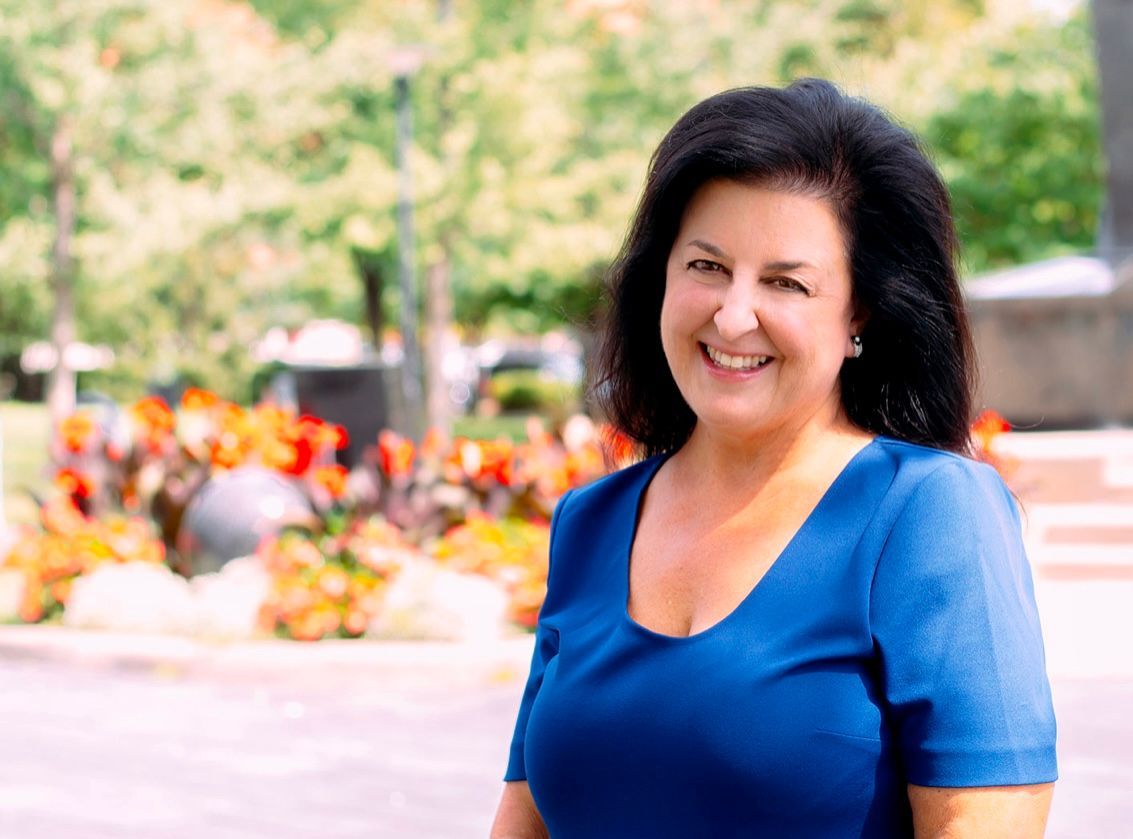
By Matt Lehrman
•
09 Apr, 2024
By Matt Lehrman Social Prosperity Partners Turning around a dysfunctional city government requires tough-minded leadership. For Mayor Elaine McLain of Birmingham, Michigan, that toughness came from her background as a psychiatric nurse. My guest this week on the “Community Catalysts” podcast took on an infrastructure crisis in her city, which required her to rally support for something that was “necessary, unpopular and expensive.” Among the leadership practices the Mayor champions is “ radical transparency .” “On the street, I am the person who answers the question with the facts or finds out who knows and refers people,” she says. “That gives people confidence in their government even when they disagree.” As so many communities face challenges of engaging public dialogue and building trust, I’m particularly drawn to the Mayor’s assertion that it is a leader’s role to manage “boundaries on facts & behaviors.” Listen now on Apple , Spotify and all podcast platforms .
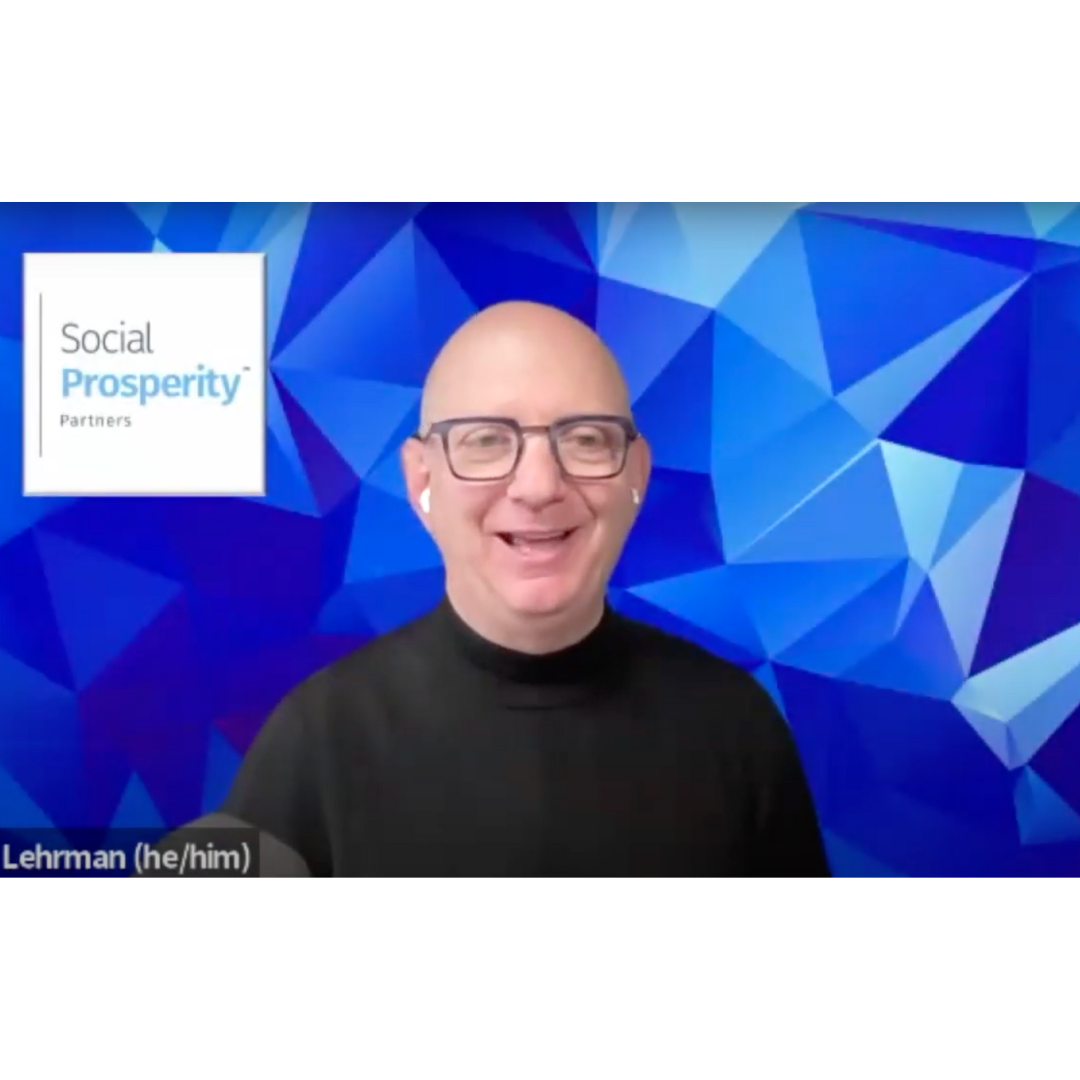
By Matt Lehrman
•
02 Apr, 2024
By Matt Lehrman Social Prosperity Partners What happened when an armed militia showed up for a Parks Department meeting in a Tennessee town? Nothing too out of the ordinary, it turns out — just a regularly scheduled public comment period, conducted under the watchful eye of the local sheriff. The topic for last month’s Local Leadership Chat was “The Trouble With Public Comments,” so I was expecting to hear about angry protesters clashing with local officials. I just didn’t expect the issue sparking the most controversy would be … disc golf in Texas . For those who participated, the discussion was insightful and instructive. Local Leadership Chats are virtual gatherings, held monthly, that offer the chance to hear stories and share advice with people serving in various leadership positions all across the country. They are always free to join, but space is limited. There’s no presentation; just a gently facilitated, welcoming, and supportive conversation. By popular request, I’m pleased to announce topics & open registration for April, May & June’s conversations. Be sure to reserve your spot for each of these revealing and helpful conversations: April 5 — The Mechanics of Trust: Let’s talk about how civic leaders earn trust, both individually and for our governing boards and councils. From our experiences, we'll share what works and what doesn't. Join us for a conversation about practical ways to build confidence and credibility in our communities. REGISTER HERE May 3 — Reservoirs of Resilience: Community leadership is a marathon, not a sprint, so let’s talk about self-care and mental wellness as a form of endurance training. This is an opportunity to share stories and compare strategies about balancing personal needs against the demands of civic service for the long term. REGISTER HERE June 7 — Shaping Tomorrow: What challenges and opportunities do you see right now that could make a lasting impact in your community or organization? Join civic leaders from across the country to discuss priorities and strategies for building resilience and prosperity in the future. REGISTER HERE
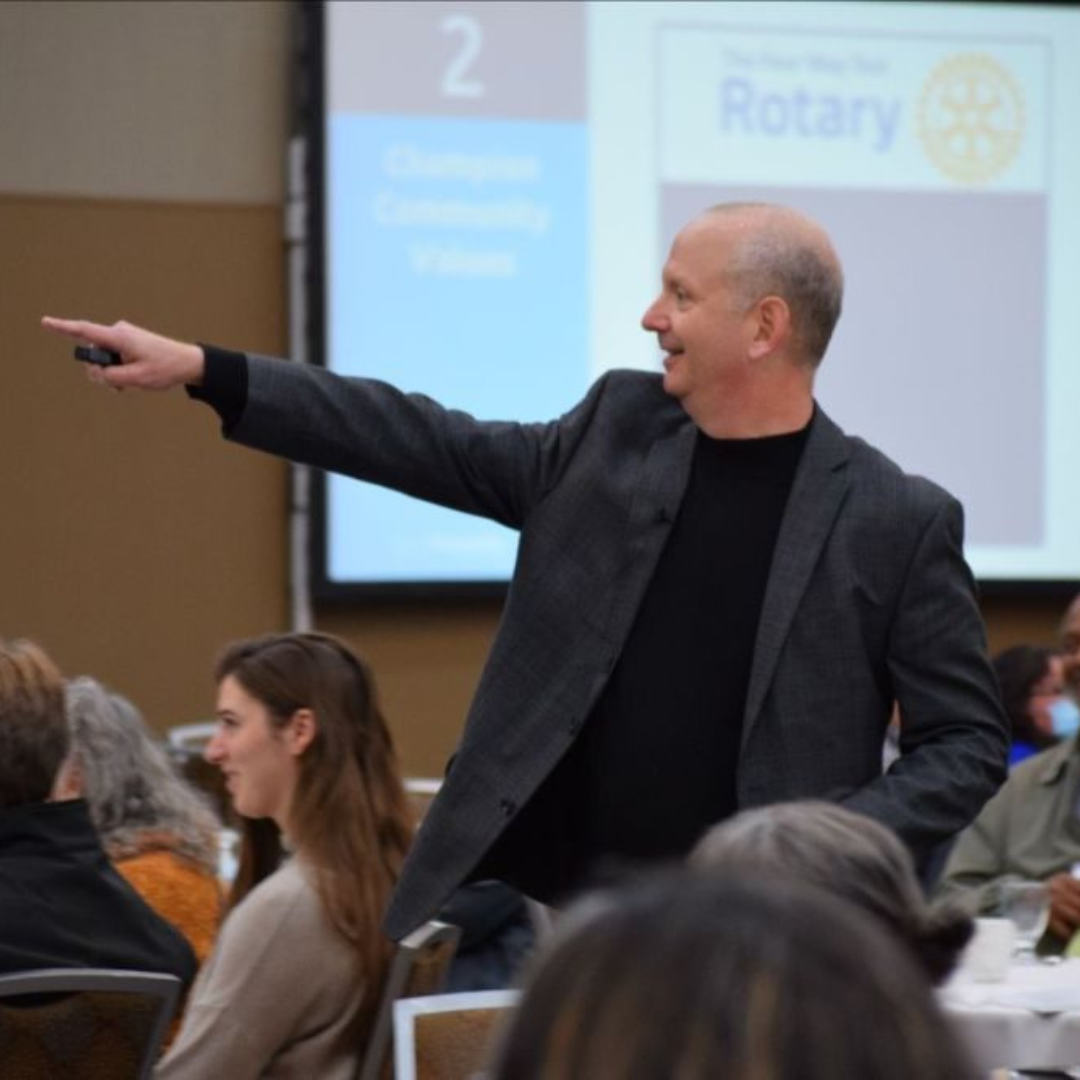
By Matt Lehrman
•
26 Mar, 2024
By Matt Lehrman Social Prosperity Partners The SWOT analysis is a well-known and highly valuable tool in strategic planning. The acronym reminds leaders to analyze their organization in four ways: Strengths — What do we do better than others? Weaknesses — What could we improve (or what should we avoid)? Opportunities — What ideas deserve to be explored? Threats — What might interfere with our plans? The S and W assess internal factors, O and T external ones. Often visualized as four squares, this simple but effective analysis has been in wide use for decades. In my own strategic planning work, however, I add a second set of “SWOT” questions that complement the familiar four. What Is SACRED? — Before we map out a vision for the future, what essential aspects of our organization do we agree must be protected along the way? What Would Be WONDERFUL? — What can we accomplish that would make a real difference to our audiences, stakeholders and community? What Are We OVER? — What beliefs, practices or projects are we ready to replace? Who Should Be on Our TEAM? — Who shares our objectives and values, and how can we connect with those communities and organizations? The next time someone asks what SWOT stands for, tell them “Sacred, Wonderful, Over, Team.” Who knows? It might be the start of a great collaboration. Adapted from a column originally published o n ArtsJournal.com .
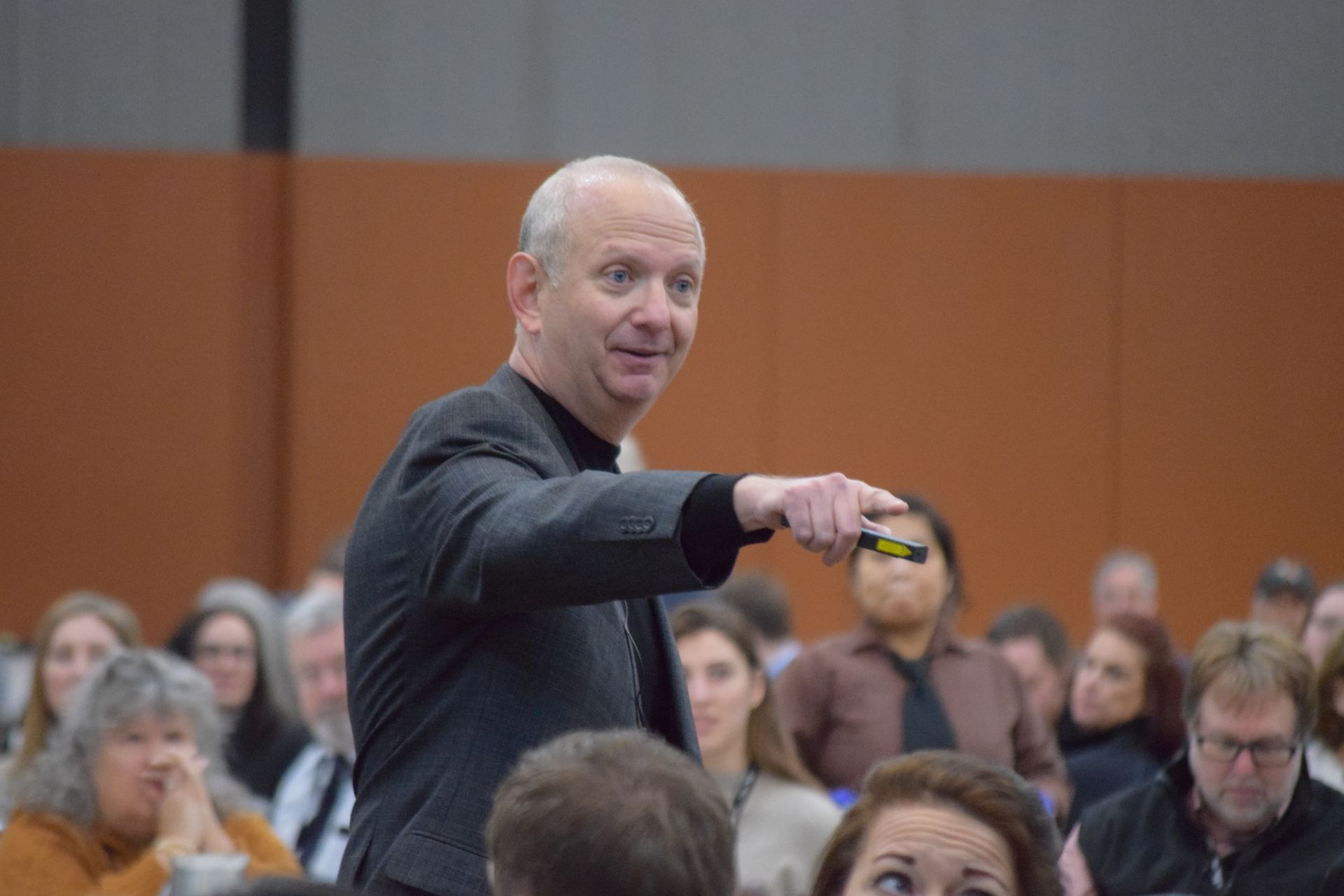
By Matt Lehrman
•
19 Mar, 2024
By Matt Lehrman Social Prosperity Partners Dear Social Prosperity Partners: As a school board president who also has years of classroom experience, I know how to manage a contentious public meeting. However, when the personal attacks are coming from my fellow board members, I can’t just shush them with my “teacher voice.” These are my colleagues, not my students. How do I get them to maintain professional boundaries? I feel like I’m being bullied. — Stuck in the Schoolyard Dear Stuck in School: I’m sorry you feel bullied, and you need to know you are not alone. I hear similar tales of frustration from all sorts of community leaders across the country, and the subject of “boundaries” keeps coming up in our monthly Community Chat on Zoom. Thankfully, the formal structure of a school board imposes some basic limits on speech and behavior. Assuming those are being properly enforced, the boundaries you need to maintain aren’t “professional,” they are interpersonal. More importantly, boundaries can’t be imposed on others, but only upon ourselves. 3 MISCONCEPTIONS ABOUT BOUNDARIES This insight comes from Dr. Robert Weiss, an addiction and recovery expert whose blog post on boundaries debunks three myths or “misconceptions”: Myth #1: “Healthy boundaries are how we control the behavior of other people.” (The only behavior we control is our own.) Myth #2: “Healthy boundaries are about keeping unsafe people out of our lives.” (Boundaries create a path to let others in, safely.) Myth #3: “Boundaries limit our thinking and behavior.” (Boundaries enable and empower us.)
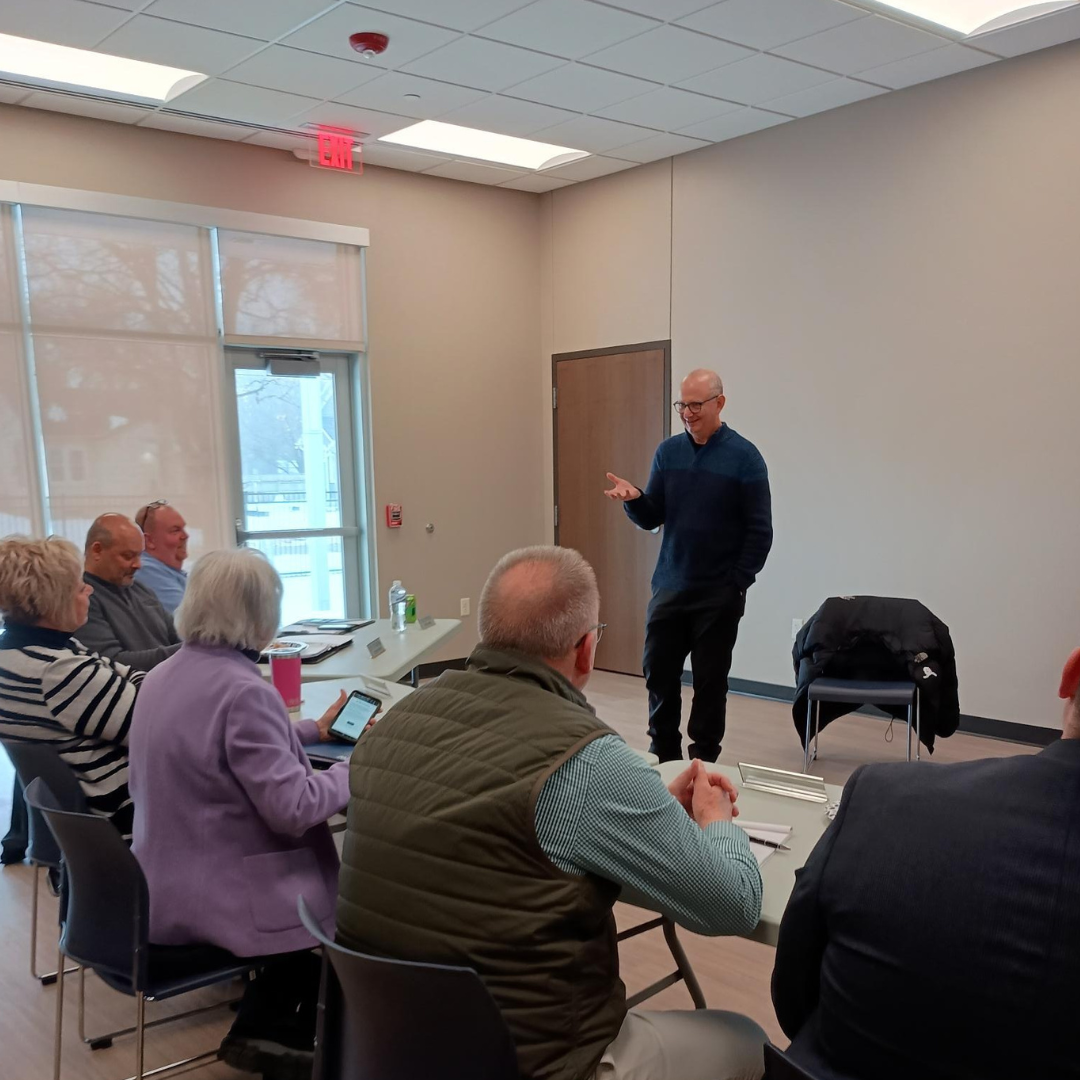
By Matt Lehrman
•
10 Mar, 2024
By Matt Lehrman Social Prosperity Partners Defining mission, vision and values is a powerful tool for any organization, but it’s not the rhetoric of such statements that matters so much as their ability to inform practical decision-making at all levels. To test whether your organization’s thoughtfully crafted principles are doing the job, sometimes it helps to rephrase the question. For example, I was in Nebraska recently facilitating separate (but identical) annual planning retreats for the Fremont City Council and the city’s senior staff. The Cit y’s official values statement is: “St rong Leadership,” “Public Safety,” “Fiscally Responsible,” “Quality of Life,” and “Teamwork” — all strong, results-oriented phrases. But are they the most important values driving both Council members and their professional staff?
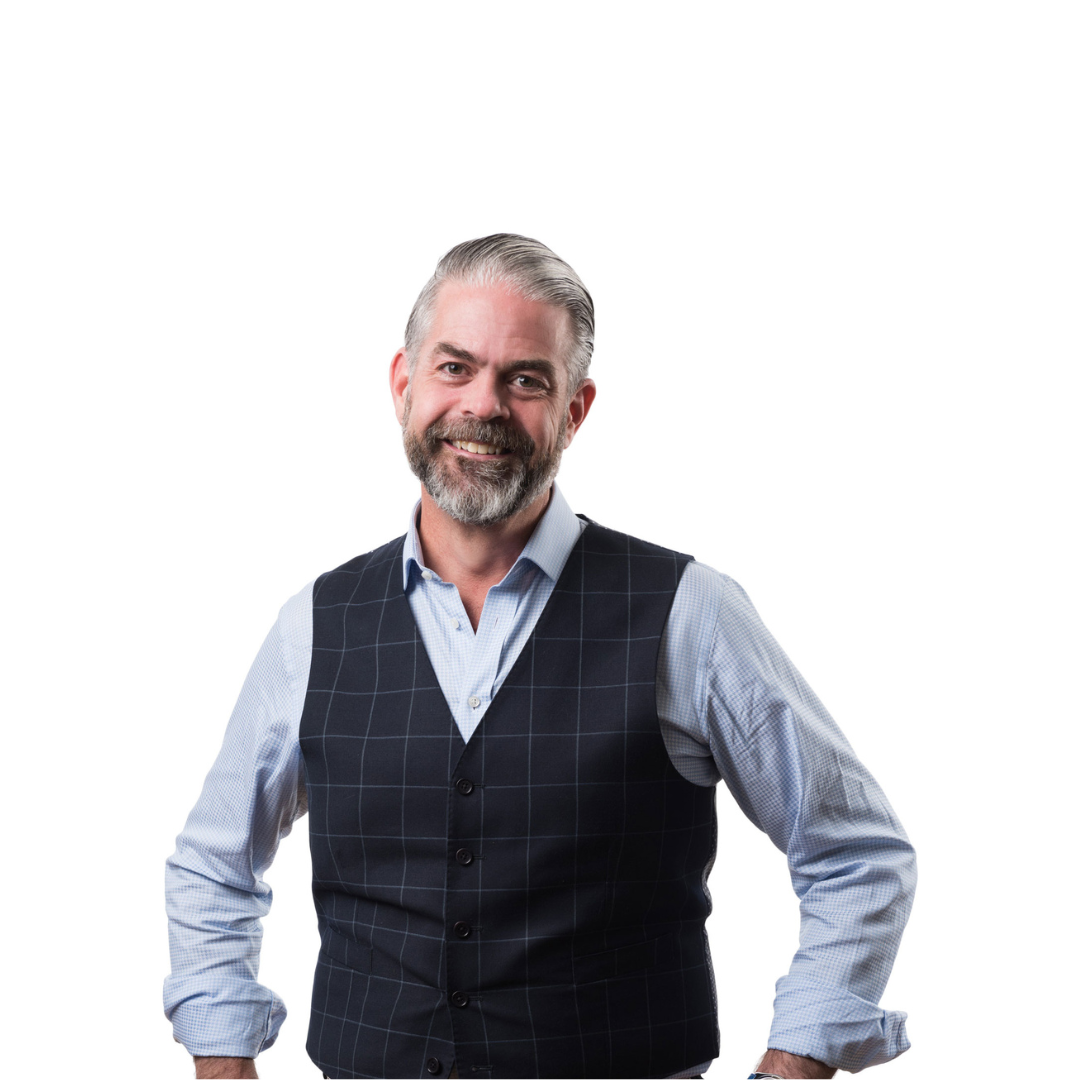
By Matt Lehrman
•
05 Mar, 2024
By Matt Lehrman Social Prosperity Partners One of the great joys of working in the field of group facilitation and transformative decision-making is the opportunity to collaborate with incredibly insightful and inspiring people. Brent Robertson is a founding partner at Fathom ( fathom.net ), a Connecticut-based consultancy firm that describes themselves as “facilitators, thinkers, and makers obsessed with leaving you with renewed enthusiasm for and a clearer path to your ideal future.” (He was also a guest in one of the most riveting episodes of my “Tell Me More…” podcast, from September 2021, on the topi c “ White Responsibility .”) Brent has invited me to lead a virtual Sip Session , Fathom’s monthly roundtable for thought leaders. Please join us for this free (and sales pitch–free) exchange of ideas. There’s no speechifying - just a great exercise of sharing perspectives and sparking fresh thinking. REGISTER NOW to atte nd online Wednesday, March 13 Futurecast: A Collaborative Journey into Forward-Focused Leadership The future is unknowable, but it’s incredibly malleable. So, let’s elevate our focus beyond today’s worries, distractions and constraints and embrace the possibilities of tomorrow. This exercise isn’t just about guessing what might happen, it’s a precious opportunity to collaborate in recognizing the skills, resources, and connections we can cultivate now to prepare for what lies ahead.
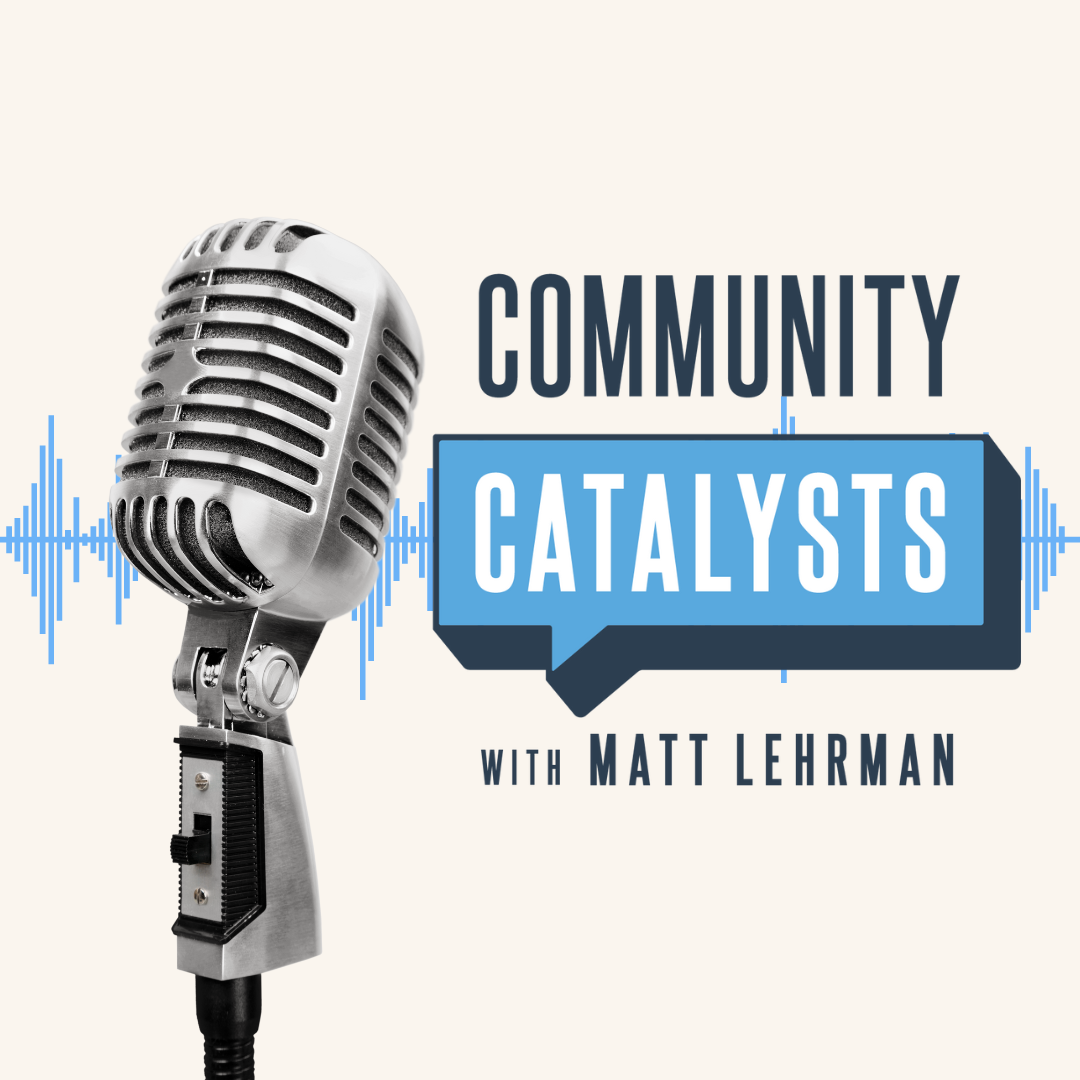
By Matt Lehrman
•
27 Feb, 2024
By Matt Lehrman Social Prosperity Partners There are many paths to leadership and many ways to lead, whether you’re in the spotlight or working behind the scenes. And that’s why I am excited, proud and grateful to be hosting “Community Catalysts,” a new weekly podcast for and about community leaders like you. In the inaugural episode, “Church & State,” I talk with the Reverend Audrey Hartness Reese about balancing her dual callings as a Presbyterian pastor and City Council Member in rural South Carolina. You can listen to our conversation now on Apple , Spotify and other podcast platforms. New episodes drop every Tuesday, so be sure to subscribe to hear advice and inspiration from future guests such as Rudy Mendoza , Chief of Police in Tolleson, Arizona, and Annette Blackwell , the first African American mayor of Maple Heights, Ohio.

By Matt Lehrman
•
20 Feb, 2024
By Matt Lehrman Social Prosperity Partners It’s hard enough to overcome our own fears, but for those in leadership positions, the greater challenge is navigating the fears of others. That was one takeaway from our Feb. 2 Community Chat on “Putting Fear in Its Place.” I always learn something new when facilitating these leadership roundtables, and this month was no exception. I was especially struck by two moments of clarity, which I’ve also shared on YouTube.

CONNECT
Website by Right|Left Consulting & Design
© 2024 Audience Avenue LLC | Social Prosperity Partners
Skidmore College photos by Erin Covey
Fort Worth photos by the Fort Worth Portrait Project